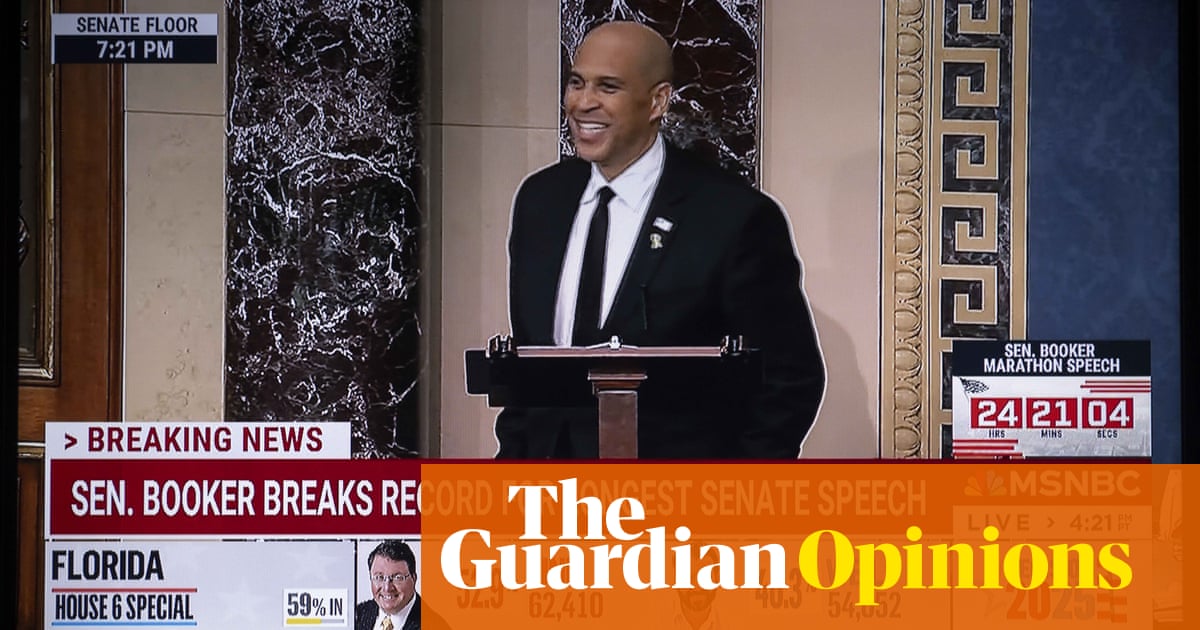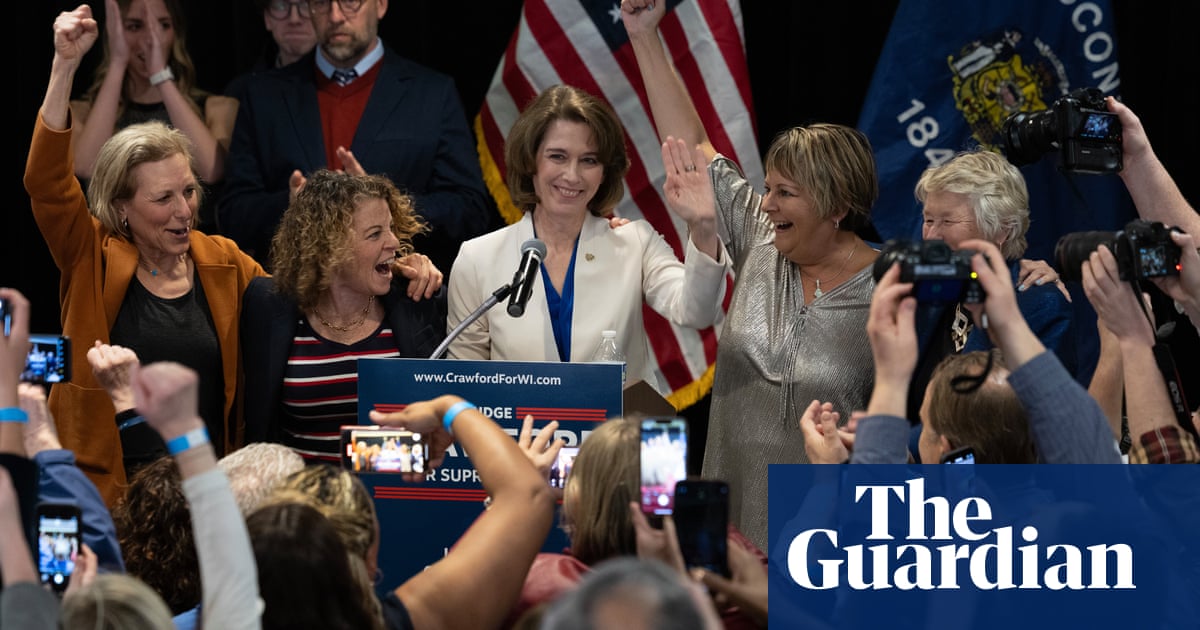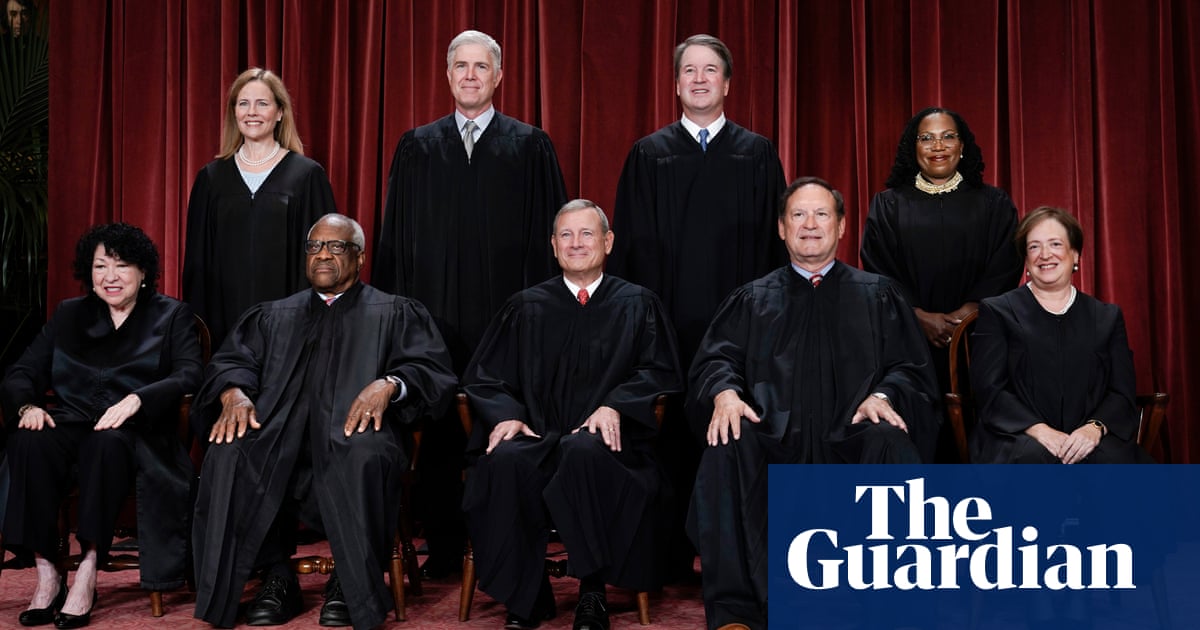Over the weekend, protesters gathered at Tesla showrooms in hundreds of cities across the world to demonstrate against Elon Musk laying waste to the US government in alliance with Donald Trump. Their goal: stigmatize Tesla’s cars. One sign in Manhattan read: “Burn a Tesla, save democracy.” Protesters are using the commercial democracy of consumer products to influence US political democracy.
***
My colleagues Dara Kerr and Edward Helmore report:
In New York City, several hundred anti-Tesla protesters gathered outside the EV company’s Manhattan showroom on Saturday. Sophie Shepherd, 23, an organizer with Planet Over Profit, explained that the rally was not about protesting electric cars.
“We’re here to protest Musk, who has essentially held a Tesla car show on the White House lawn,” she said. “We want to disrupt his business as much as possible, so that includes all Teslas, and not just the Cybertruck.”
The demonstrations did not draw huge crowds. Nonetheless, Musk’s fortune has dropped more than $100bn as Tesla’s stock has fallen by nearly half since its peak value in December 2024.
Musk’s political ventures are forcing many Tesla owners to either be a spokesperson for or against the company
Musk is synonymous with Tesla. In its comprehensive annual report, the company discloses in the section on risks that it is “highly dependent on the services of Elon Musk, Technoking of Tesla and our Chief Executive Officer”. Technoking of Tesla is one of Musk’s official, if juvenile, titles.
By extension, consumer sentiment regarding Musk’s public persona is inextricable from Tesla. When he was known primarily as a multi-hyphenate technical genius, the inspiration for Iron Man, that perception boosted Tesla’s brand like an engine from his rocket company.
In light of the polarization of Musk as a public figure, however, reading Tesla’s risk assessments in its 10-K form takes on a different tone: “We will need to maintain public credibility and confidence in our long-term business prospects in order to succeed.”
“We are targeting a global mass demographic with a broad range of potential customers,” reads Tesla’s disclosure.
Musk’s political ventures are forcing many Tesla owners to either be a spokesperson for or against the company. Individual owners are being asked to justify their purchases or publicly declare the separation of their beliefs from their vehicles. Of particular concern are the dates of the purchases, with “I bought this before Elon went crazy” bumper stickers proliferating as a sign of rebuke of the so-called “department of government efficiency”. Yet there is a wide swath of the US public that seems to want their car to just be a car, not a political statement.
For his own part, Musk is targeting a narrower and narrower audience, hosting a Tesla sales event on the White House lawn alongside one of the most poorly rated and divisive presidents in modern political history. I can’t predict Tesla’s fate, but for now, widespread social souring on Tesla is making a dent in its finances.
Read the full story on Saturday’s protests here.
More on Elon Musk
-
Tesla investors brace for global sales data amid consumer backlash over Elon Musk
-
Elon Musk hands out $1m checks to voters amid Wisconsin supreme court election race
Does Donald Trump know who Totoro is?

On Thursday, the White House posted a cartoon depicting the arrest of a wailing woman beside an American flag. The image was captioned: “Virginia Basora-Gonzalez, a previously deported alien felon convicted of fentanyl trafficking, was arrested by @ICEgov in Philadelphia after illegally reentering the U.S. She wept when taken into custody (picture attached).”
after newsletter promotion
By ghiblifying this woman, the White House inadvertently made a previously deported felon and literal fentanyl trafficker sympathetic
The White House’s image is shocking. The contrast between the harshness of deportation and the round softness of the characters rendered in a warm color scheme, evocative of children’s animated classics such as Spirited Away and My Neighbor Totoro, is ghoulish. That seems to be the point. The image is both viral nonsense – there may be little meaning to extract from it other than its capacity to appall – and also a communication from the most powerful office in the United States. We may be obligated to attempt to understand it.
Earlier last week, OpenAI upgraded ChatGPT with better image generation. Soon, there was a deluge on Twitter/X of real photographs reproduced as still images in the distinctive style of Studio Ghibli, the Japanese animation studio behind, most recently, the Oscar, Bafta and Golden Globe-winning film The Boy and the Heron. I made one of the images. OpenAI CEO Sam Altman changed his profile photo to a character he described as “a twink Ghibli style”, too. The White House appears to have done the same. (OpenAI did not respond to a request for comment on the cartoon depiction of the arrest and deportation.)
Trump has never seen Ghibli’s Princess Mononoke, I would venture. Part of what is supremely bizarre in the image is visual; another part is political. Hayao Miyazaki, the 84-year-old founder of Ghibli, has criticized nationalism and championed environmentalism, expressing opposition to positions easily attributable to Trump’s administration.
In a 2018 documentary, Miyazaki called one young animator’s use of artificial intelligence to produce a grotesque moving figure “an insult to life itself”. Whether OpenAI violated Ghibli’s copyright in equipping its AI model to imitate the studio’s style remains an open legal and philosophical question. I recommend reading Walter Benjamin’s The Work of Art in the Age of Mechanical Reproduction, which concerns recreations of the Mona Lisa.
Mike Solana, the chief marketing officer of Peter Thiel’s Founders Fund and the founder of the conservative newsletter Pirate Wires, tweeted that the image was ineffective in its mockery because it was too kawaii.
“24 hours in and we face the first great example of a person working with a form they didn’t earn, and therefore don’t understand. by ghiblifying this woman the white house inadvertently made a previously deported felon and literal fentanyl trafficker sympathetic… this specific aesthetic is innately endearing. you can’t make me want to see a ghibli character in pain,” Solana tweeted.
I have written before about how US conservatives love AI while liberals shun it, which I think remains the case. The jarring admixture of seemingly silly internet aesthetics with the Trump administration’s punitive approach to immigration will not disappear soon. The White House made a similar post last month. “ASMR: Illegal Alien Deportation Flight 🔊”. I expect more.
The wider TechScape
-
How and why parents and teachers are introducing young children to AI
-
‘Sim farms’, high heels, zombie knives: what scammers buy with the money they steal
-
Is it safe? Is it spying? Disquiet over NHS ‘magic eye’ surveillance camera in mental health units
-
The controversial California city backed by tech elite has a new plan: boats
-
From smash-proof cases to updates: how to make your smartphone last longer

 German (DE)
German (DE)  English (US)
English (US)  Spanish (ES)
Spanish (ES)  French (FR)
French (FR)  Hindi (IN)
Hindi (IN)  Italian (IT)
Italian (IT)  Russian (RU)
Russian (RU)  1 day ago
1 day ago
























Comments